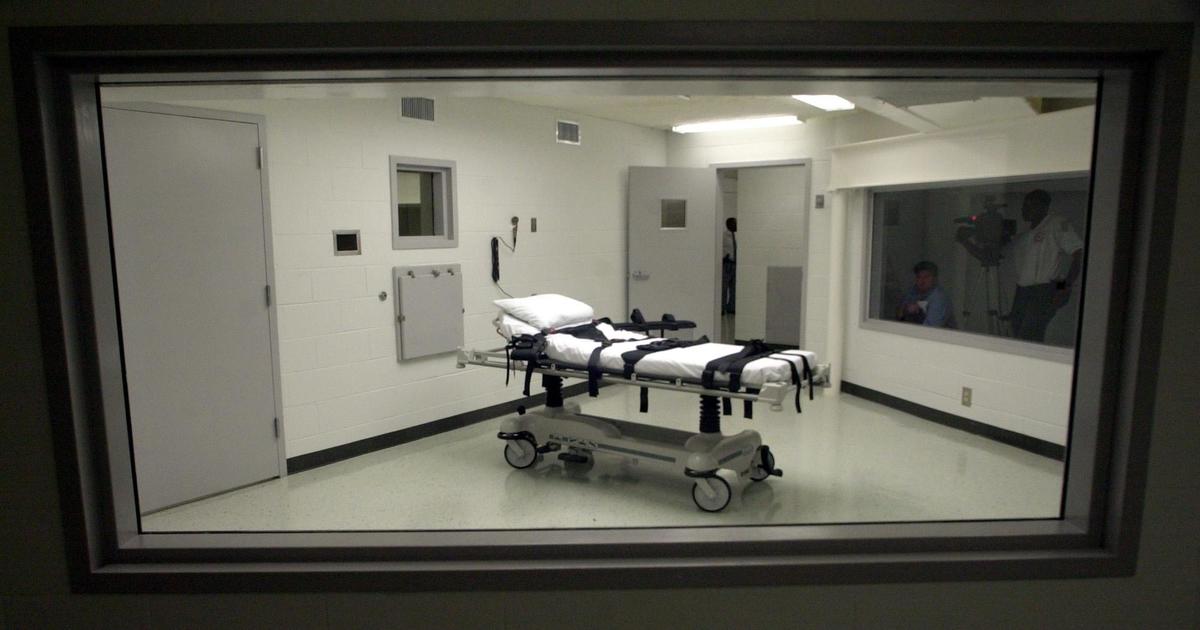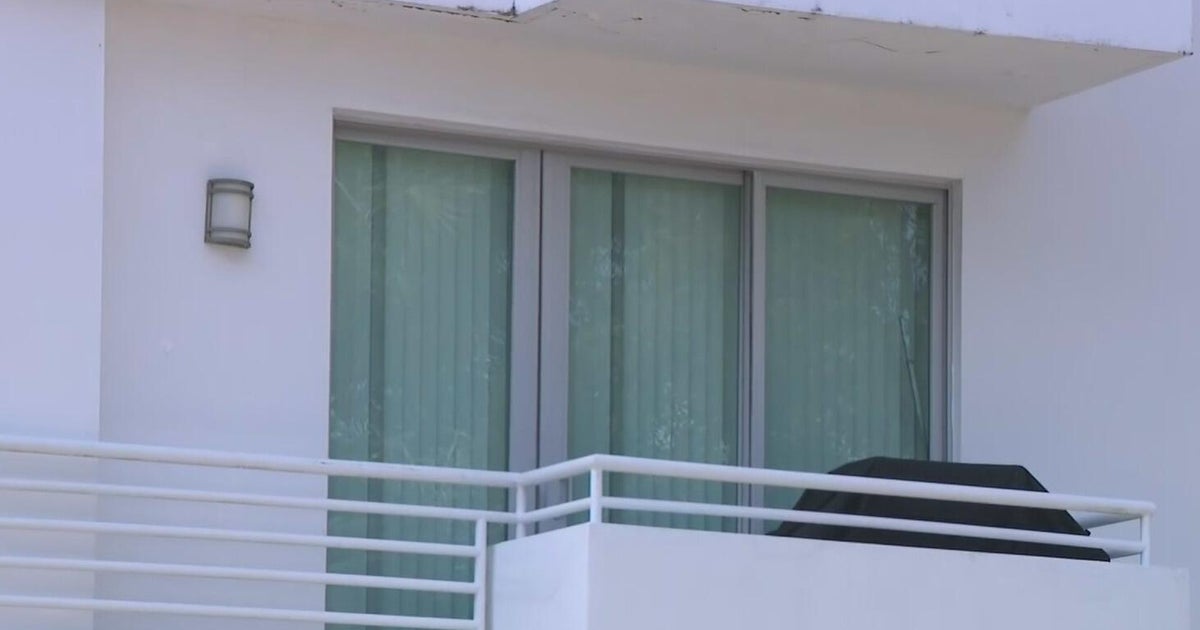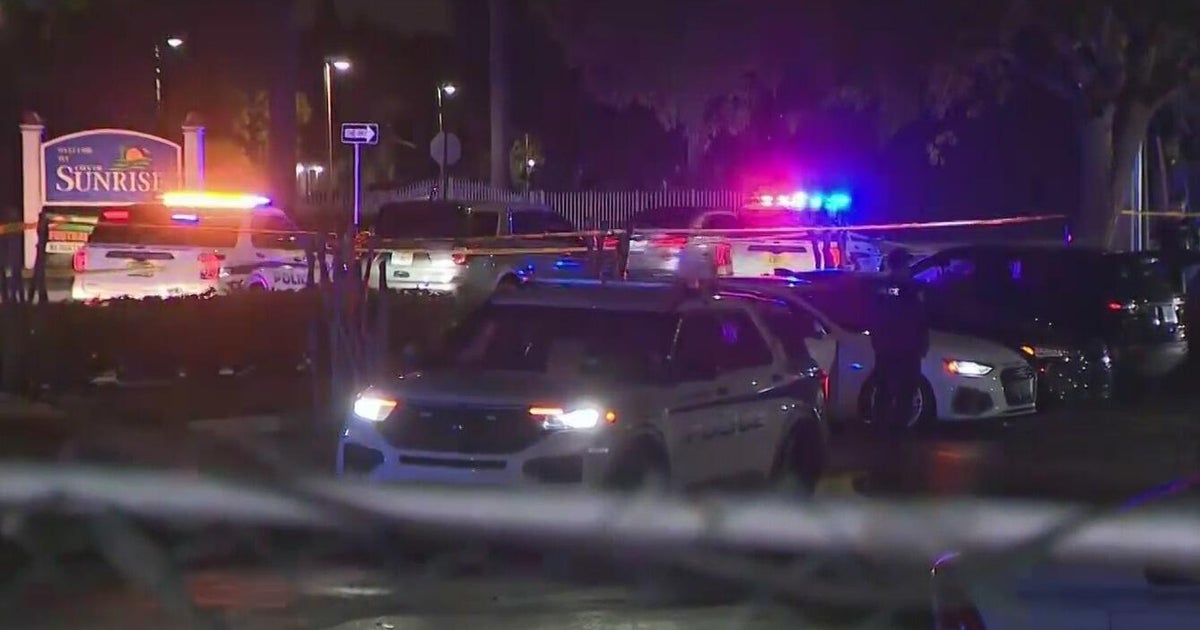TALLAHASSEE – Following Parkland school shooter Nikolas Cruz was sentenced to life in jail, the Florida Senate on Monday began moving ahead with a proposal that would get rid of a need for unanimous jury tips prior to demise sentences can be imposed.
The Senate Felony Justice Committee approved a invoice (SB 450) that would make it possible for judges to sentence defendants to death based mostly on the recommendations of 8 of 12 jurors.
The issue emerged immediately after a Broward County jury in October did not unanimously endorse dying for Cruz, who murdered 17 college students and college customers at Parkland’s Marjory Stoneman Douglas Significant College in 2018. A decide sentenced Cruz to daily life in jail.
Tony Montalto, whose daughter Gina died in the college taking pictures, explained she was the target of a “cold, cruel, heinous killer.”
“She was failed by the program that was meant to secure her, and then unfortunately, this slide, we saw that she was failed by the justice technique,” Montalto instructed the Senate committee.
The committee voted 6-2 to approve the invoice, sponsored by Sen. Blaise Ingoglia, R-Spring Hill. Sen. Tina Polsky, D-Boca Raton, and Sen. Bobby Powell, D-West Palm Seaside, opposed it.
Polsky’s district contains Parkland, but she pointed to variations that the committee created Monday in the invoice and the likelihood that it will be revised once again. She described it as “not ready for primary time.”
“I do concur that that (Cruz case) is when the demise penalty should really have been identified,” Polsky stated. “But I don’t agree that this bill, that is not completely ready, is the response.”
The committee’s vote came a day just before the get started of the 60-working day legislative session. The Property Legal Justice Subcommittee is slated to consider up its edition of the monthly bill (HB 555) on Tuesday.
Florida very long allowed judges to impose death sentences centered on the vast majority, or 7-5, jury tips. But that transformed just after big decisions in 2016 by the U.S. Supreme Courtroom and the Florida Supreme Court.
In January 2016, the U.S. Supreme Court in a case known as Hurst v. Florida, dominated that the state’s demise-penalty program was unconstitutional due to the fact it gave much too much authority to judges, as an alternative of juries, in imposing demise sentences.
To test to carry out the ruling, the Legislature quickly handed a evaluate that demanded 10-2 jury votes prior to demise sentences could be imposed.
But in October 2016, in the likewise named situation of Hurst v. Point out, the Florida Supreme Courtroom interpreted and used the U.S. Supreme Court ruling and mentioned unanimous jury tips were necessary. The Legislature responded in 2017 by placing these types of a unanimous need in regulation.
But just after appointments by Gov. Ron DeSantis, the Florida Supreme Court docket, with a newly conservative greater part, reversed class in 2020 – properly making it possible for lawmakers to think about getting rid of the unanimity necessity.
If lawmakers move this sort of a invoice this yr, Florida would sign up for Alabama as the only states that would permit judges to impose dying sentences based mostly on non-unanimous jury tips, according to a Senate staff evaluation.
The proposal would affect only the sentencing procedure and not what is identified as the “guilt phase” of murder scenarios. Juries would nevertheless have to be unanimous in acquiring defendants responsible in advance of sentencing could get started.
Less than modifications produced Monday, Ingoglia’s bill would call for judges to impose death sentences if at minimum 10 jurors recommend dying.
Judges could impose dying sentences with the tips of 8 or nine jurors but also would have the possibility of sentencing defendants to lifestyle in jail. If judges sentence defendants to life, they would have to contain in a “published get the explanations for not accepting the jury’s advised sentence,” the monthly bill said.




